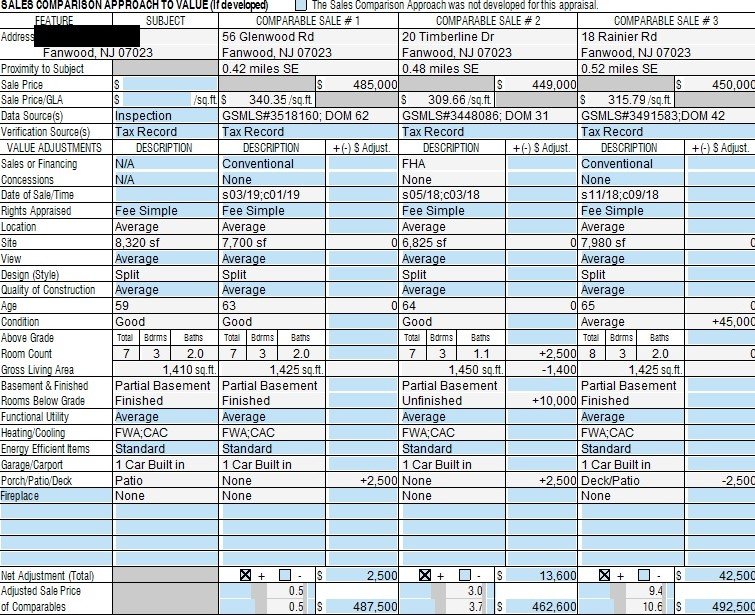
Market value is the price a property can fetch in an open and competitive market, while assessed value is calculated by government authorities for property taxation. Both serve different legal, financial, and valuation purposes and should not be used interchangeably.
What Is Market Value?
Market value is the estimated price at which a property would exchange between a willing buyer and seller under normal market conditions, with neither party under compulsion.
What Is Assessed Value?
Assessed value is the value assigned by a local authority or municipality for calculating property tax. It is usually derived using predefined formulas and may not reflect current market conditions.
Why People Confuse Market Value and Assessed Value
Many property owners assume that assessed value represents the true worth of their property. In reality:
-
Market value reflects real-time demand and supply
-
Assessed value serves taxation and regulatory purposes
Understanding the distinction is critical for:
-
Buying or selling property
-
Applying for bank loans
-
Property tax planning
-
Financial reporting and compliance
Market Value vs Assessed Value – Side-by-Side Comparison
| Aspect | Market Value | Assessed Value |
|---|---|---|
| Purpose | Buying, selling, investment | Property tax calculation |
| Determined by | Market forces & valuation experts | Government / municipal authority |
| Reflects current market trends | ✅ Yes | ❌ Not always |
| Frequency of change | Frequently | Periodically |
| Influencing factors | Location, demand, condition, income | Govt formula, zone rates |
| Used for | Sale, loan, valuation, M&A | Tax assessment |
| Accuracy | Market-driven | Administrative |
Market value is used when financial or transactional decisions are involved, such as:
-
Buying or selling real estate
-
Mortgage and bank lending
-
Investment analysis
-
Business or asset valuation
-
Mergers & acquisitions involving property assets
Accurate market value assessment helps avoid overpricing, underpricing, and financial disputes.
When Does Assessed Value Matter?
Assessed value is relevant primarily for regulatory and taxation purposes, including:
-
Property tax computation
-
Municipal records
-
Statutory filings
-
Government compliance
It is not meant to reflect the price you can sell your property for.
Why Is Assessed Value Often Lower Than Market Value?
Assessed value is usually lower because:
-
It is based on standardized formulas
-
It may not be updated frequently
-
It ignores real-time demand and buyer sentiment
This difference prevents sudden tax increases due to short-term market fluctuations.
Can Market Value and Assessed Value Ever Be the Same?
In rare cases—such as during reassessment years or in newly developed areas—assessed value may closely align with market value. However, this alignment is temporary and uncommon.
Common Mistakes Property Owners Make
-
Using assessed value as selling price
-
Challenging bank valuation using tax records
-
Ignoring professional valuation during transactions
-
Assuming higher assessed value means better resale value
Each value serves a different legal and financial role.
How Professional Valuation Helps
A professional valuation:
-
Determines accurate market value
-
Helps in loan approvals
-
Supports dispute resolution
-
Ensures regulatory compliance
-
Prevents tax or transaction misjudgments
Conclusion
Market value and assessed value are both important—but for very different reasons. While assessed value supports taxation, market value drives real financial decisions. Property owners, investors, and businesses should rely on independent market valuation rather than administrative values when making high-impact decisions.
FAQs
1. What is the main difference between market value and assessed value?
Market value reflects the price a property can sell for, while assessed value is used only for tax calculation.
2. Which value is higher—market or assessed value?
Market value is usually higher because it reflects current demand and pricing trends.
3. Does assessed value affect selling price?
No. Selling price is determined by market value, not assessed value.
4. Which value do banks consider for loans?
Banks rely on market value, assessed through professional valuation.
5. Why should I get a professional property valuation?
Professional valuation ensures accuracy for transactions, loans, taxation disputes, and compliance.



